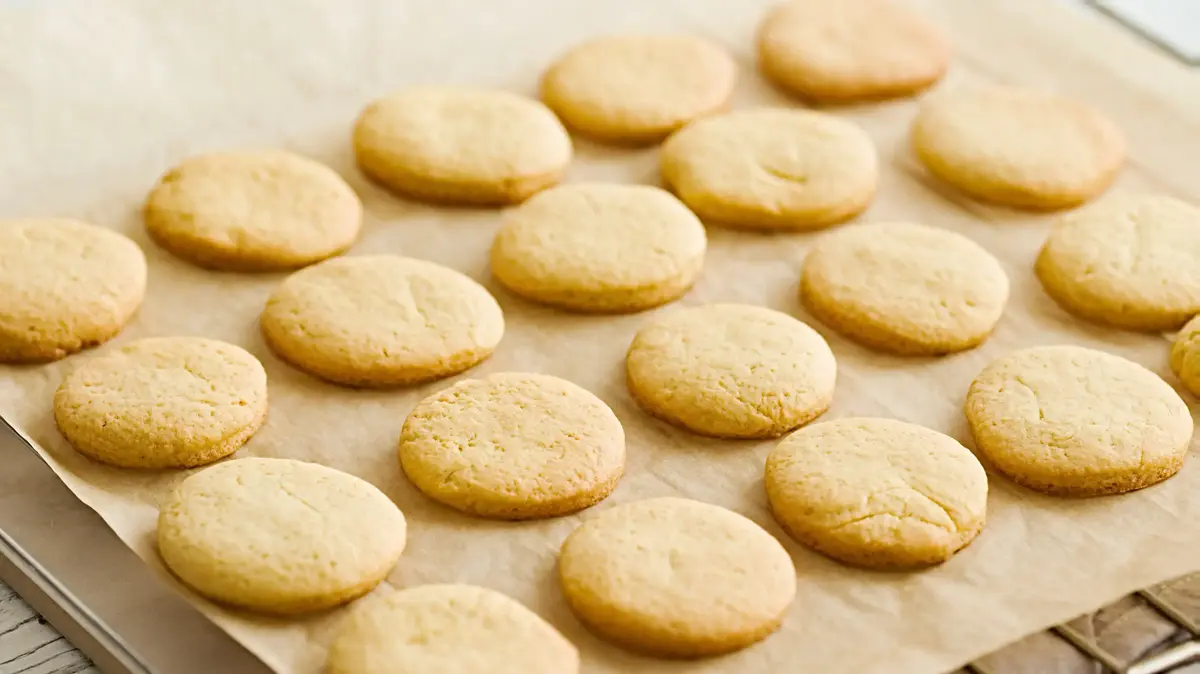Depressed?
7 foods that will make you feel much worse
Drinking a few glasses of wine to get over a hard breakup?
Load yourself with cookies to console yourself for the hard day you've had?
Studies show that not only are you not doing yourself any good, you are causing harm
Maor Muigar
01/08/2020
Saturday, August 1, 2020, 11:31
Share on Facebook
Share on WhatsApp
Share on Twitter
Share by email
Share in general
Comments
Comments
They are seen as a relaxing escape at the end of the day, but do more harm than good in the long run (Photo: Dror Einav)
The word "depression" is said too much unnecessarily, and many fail to differentiate between depression and just a state of low energy at the end of a hard day.
Depression is actually a mental disorder that lasts for weeks, months and in some cases even years.
Its common symptoms are, first of all, a loss of interest in activities that once gave you pleasure, a low mood with a severe decrease in self-esteem and sense of well-being.
In many cases, those suffering from depression will experience decreased appetite, anxiety, lack of energy and sleep problems.
The causes of depression are of course related to our brain, but many studies have found that the foods and drinks that most of us consume on a regular basis have a certain contribution to intensifying the symptoms of depression, even though some of them we actually turn to when we feel unsettled and lost.
So if you know that you have a tendency to depression, even if it is not yet full force, you might want to keep your distance from these 7 foods and drinks that may intensify the symptoms and worsen the situation.
1. Cookies
When we're sad, many of us find solace in cookies.
The sweet taste helps us feel a little better, but we don't take into account the price in the long run, because after the sugar rush that will put a smile on your face, as in everything in life, a decline is also expected.
The simple carbohydrates in the cookies are broken down relatively quickly, which will cause a rapid drop in sugar levels, which will also negatively affect the mood and the symptoms of depression.
Up fast, down fast.
Cookies (Photo: ShutterStock)
A study on the subject, published in The American Journal of Clinical Nutrition, found that a sharp increase in women's blood sugar levels after eating simple carbohydrates is directly related to increased depression.
This study found that the opposite is also true - eating complex carbohydrates, fruits and vegetables helps to improve the mental state.
2. Fast food
They may be the easy choice when you don't have the energy to cook and the kids may be driving you crazy to buy them for them, but you probably don't need us to tell you how many "fast food" foods are harmful to your weight, your health and your pocket.
Now you have another reason to avoid these foods - to protect the soul.
A study published in 2012 in the journal Public Health Nutrition found that people who consume fast food on a regular basis have a 51 percent increased risk of developing depression.
The foods tested include hamburgers, hot dogs and pizzas.
3. Highly caffeinated drinks
For those who already suffer from low energy, caffeine is seen as the necessary and quick solution to the problem.
Although a cup or two of coffee during the day will certainly not ruin the mental state, when caffeine accompanies most of your day, it is likely to cause more harm than good.
When caffeine accompanies most of your day, it is likely to do more harm than good.
Coffee (Photo: Giphy)
In energy drinks, the combination of caffeine and sugar is the worst.
One study conducted by researchers at the University of Texas and published in the journal Behavior Study found that people who suffered from depression and abstained from caffeine and sugar for a week reported a significant improvement in depression symptoms.
After that, the researchers gave some of the subjects caffeine and sugar pills, and the rest placebo pills.
50 percent of those who consumed caffeine and sugar reported the return of symptoms.
The researchers explained that caffeine and sugar increase anxiety, stress and negative feelings.
4. Alcohol
The worse the situation around you seems, the more the need to console yourself with a few drinks that will forget the pain for a while.
Try to think of the morning after such a night, and ask yourself how it worked.
Alcohol actually suppresses the activity of the central nervous system, which affects thinking, the ability to draw conclusions, logic and emotions.
All these also contribute to increasing the symptoms of depression.
If you suffer from mild depression or anxiety, you are probably familiar with the increased heart rate and sweaty palms.
Both of these also intensify with the sip of the bitter drop.
Drinking alcohol will also negatively affect your risk-taking - which may make you do things you'll regret later and make you feel bad, like fighting with a friend, texting your ex or having unprotected sex, decisions that won't exactly do you any good the day after .
May make you do things you will regret later.
Alcohol (Photo: Giphy)
5. Sugar-free drinks
If you are trying to maintain your weight and drink soft drinks without added sugar, or replace sugar with a substitute, you should first of all know that you are not doing your body a favor.
The sweet taste makes us think that we have consumed sugar, and when it is not released into the bloodstream, the urge to consume it increases.
In addition, studies have found a direct link between a popular sweetener called aspartame, which is found in about 14,000 drinks, foods and food supplements, including the best-selling sugar-free drinks, and an increase in depression symptoms.
A study from Northwestern University in Ohio, which examined this connection, was stopped in the middle, for fear that the subjects would start to develop suicidal tendencies.
The researchers explained that what causes the symptoms to worsen is the fact that aspartame suppresses the production of serotonin - known as the "happiness hormone".
Among the subjects who consumed aspartame at a high rate, more headaches, insomnia and sharp changes in mood were recorded.
6. Soybean oil
The saturated fat in soybean oil may increase the risk of depression by up to 48 percent.
This is according to a study published in the journal PLOS ONE in 2011. The reason for this, according to the researchers, is a high concentration of omega-6 fatty acids, which have properties that encourage the development of inflammation in the brain and other areas of the body.
Another study on the subject, conducted in 2015 and published in the journal Jama Psychiatry, found that among people suffering from depression, inflammation in the brain region was 30 percent higher than average.
7. Sodium
Increased consumption of sodium not only causes an increase in blood pressure and increases the chance of obesity.
Some studies on the subject have shown that sodium can disrupt the activity of the nervous system in the body, which, in addition to increasing the symptoms of depression, may also cause fatigue and a weakening of the immune system.
But just before you completely remove sodium from your life, it is important to remember that a lack of sodium can also harm the body.
The health organizations in the world recommend consuming it at a rate of between 1,500 and 2,400 mg every day.
health
Nutrition and diet
Preventive nutrition
Tags
depression
healthy nutrition
alcohol
fast food
sodium








